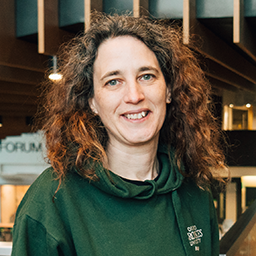Programa Educacional para a promocao da Linguagem Infantil (PROLIN)
Principal Investigator(s): Dr Dianne Newbury
Project start: December 2019
Project finish: May 2022
Funded by: British Academy, University of Oxford research, Universidade Federal de São Paulo
About us
Language skills are the cornerstone of education: they underpin literacy and numeracy, promote social interaction and are associated with better self-regulation. It follows that, for children with poorly developed spoken language, poor educational outcomes are very likely. This is particularly true for those born into socially disadvantaged communities. Early education intervention programmes can help to support these children but there is little research regarding the social and cultural factors that promote the success of such interventions.
This project aims to investigate how and why educational interventions work. It builds upon an existing intervention programme and is working with teachers and caregivers to better understand the factors that challenge effective implementation. The research team is seeking to generate practical solutions to overcome these barriers and test them in a proof-of-principle intervention study. This represents a first step in developing sustainable, effective educational intervention programmes that are suitable for children across the world.
Research question: What factors affect the successful implementation of early education intervention programmes in developing settings?
This research is funded by an Early Childhood Education Award from the British Academy, and is in collaboration with Marina Puglisi from the Universidade Federal de São Paulo and Margaret Snowling and Charles Hulme from the University of Oxford.

Leadership

Dr Dianne Newbury
Senior Lecturer



